DISSEMINATION MEETING FOR REASRCH FINDINGS ON THE LEGAL REASERCH ON LAWS GOVERNINGCHILD MARRIAGE IN UGANDA
On November 15, 2024, Joy for Children Uganda (JFCU) convened a critical dissemination meeting to
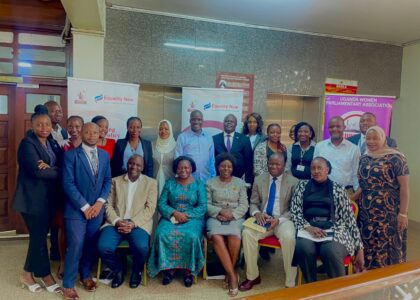
On November 15, 2024, Joy for Children Uganda (JFCU) convened a critical dissemination meeting to
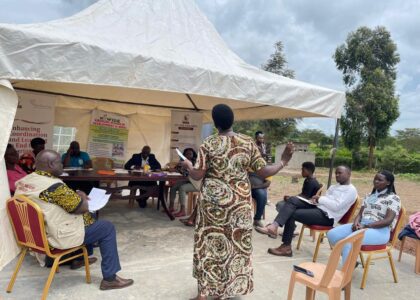
JFCU supports religious and cultural institutions, Community Based Organizations and community groups, educational institutions and
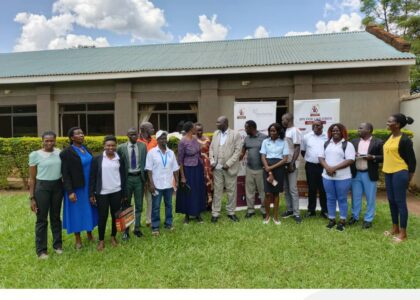
Joy For Children Uganda (JFCU) with support from Girls First Fund convened a stakeholder dialogue at Pacific Hotel, in Lira district, focusing on laying strategies to end child marriage and teenage pregnancy in Lango sub-region. The dialogue brought together a diverse group of participants, including cultural leaders, Lira District officials, representatives from civil society organizations (CSOs), and religious leaders, all united in their commitment to tackling this pressing issue.

Uganda is a country that is highly vulnerable to the impacts of climate change. The changing weather patterns are affecting agriculture, the main source of livelihood for many communities, leading to crop
failures and food shortages. This has forced families to resort to drastic measures to cope with the situation, including marrying off their young daughters in exchange for dowry payments.
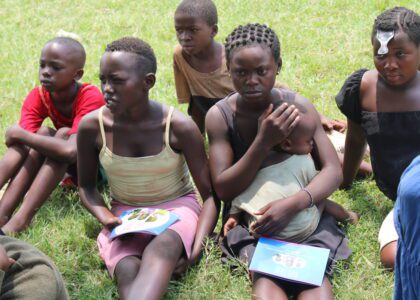
Education is an important tool in empowering girls and young women. When they stay in school they gain knowledge, skills and confidence which can help them make informed decision about their lives. However, in Uganda specifically in rural areas, many girls drop out of school early because of poverty, long distances to school, inadequate facilities and cultural beliefs that prioritize boys’ education over girls
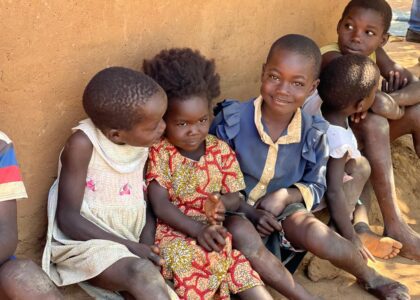
In Uganda, like other East- African countries, Child marriage is one of the significant drivers of
adolescent pregnancy. 8.9 million Girls aged 10–19 are at risk of harmful practices, including
child marriage, teenage pregnancy and FGM, this represent nearly 27% of the country’s total population of 43.7 million; and in a country with the world’s lowest median age of 15 years.
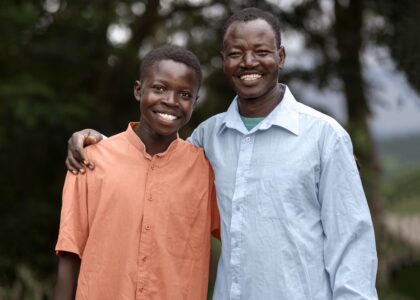
Child marriage is a pervasive issue in many parts of the world, with a multitude of contributing factors, one of which is toxic masculinity. To combat this harmful practice, it is essential to promote positive masculinity among men, encouraging them to be respectful, responsible, and empathetic.
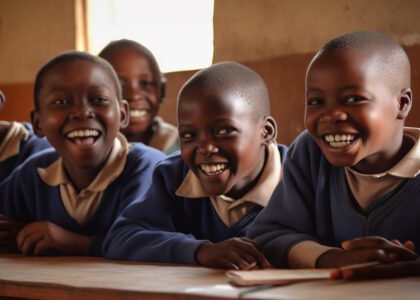
Child marriage is a global issue that affects millions of young girls every year. In Uganda, child marriage is a prevalent problem, with 34% of girls getting married before the age of 18. This practice not only robs these young girls of their childhood but also limits their opportunities for education, health, and a bright future. However, there is hope as organizations in Uganda are collectively working towards ending this harmful practice.
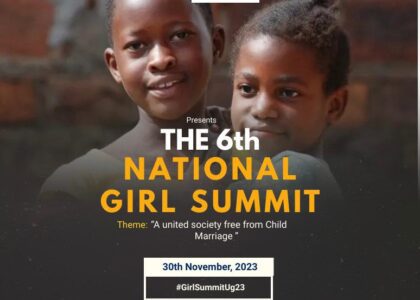
The 6th National Girl Summit aims at convening several delegates including children, youth, officials from different Ministry Department Agencies, UN agencies and other development partners, district leaders, faith and cultural leaders, private sector such as school administrators, media and CSOs plus voices of children to reflect on the progress made in ending child marriage and teenage pregnancy both at regional and national level.
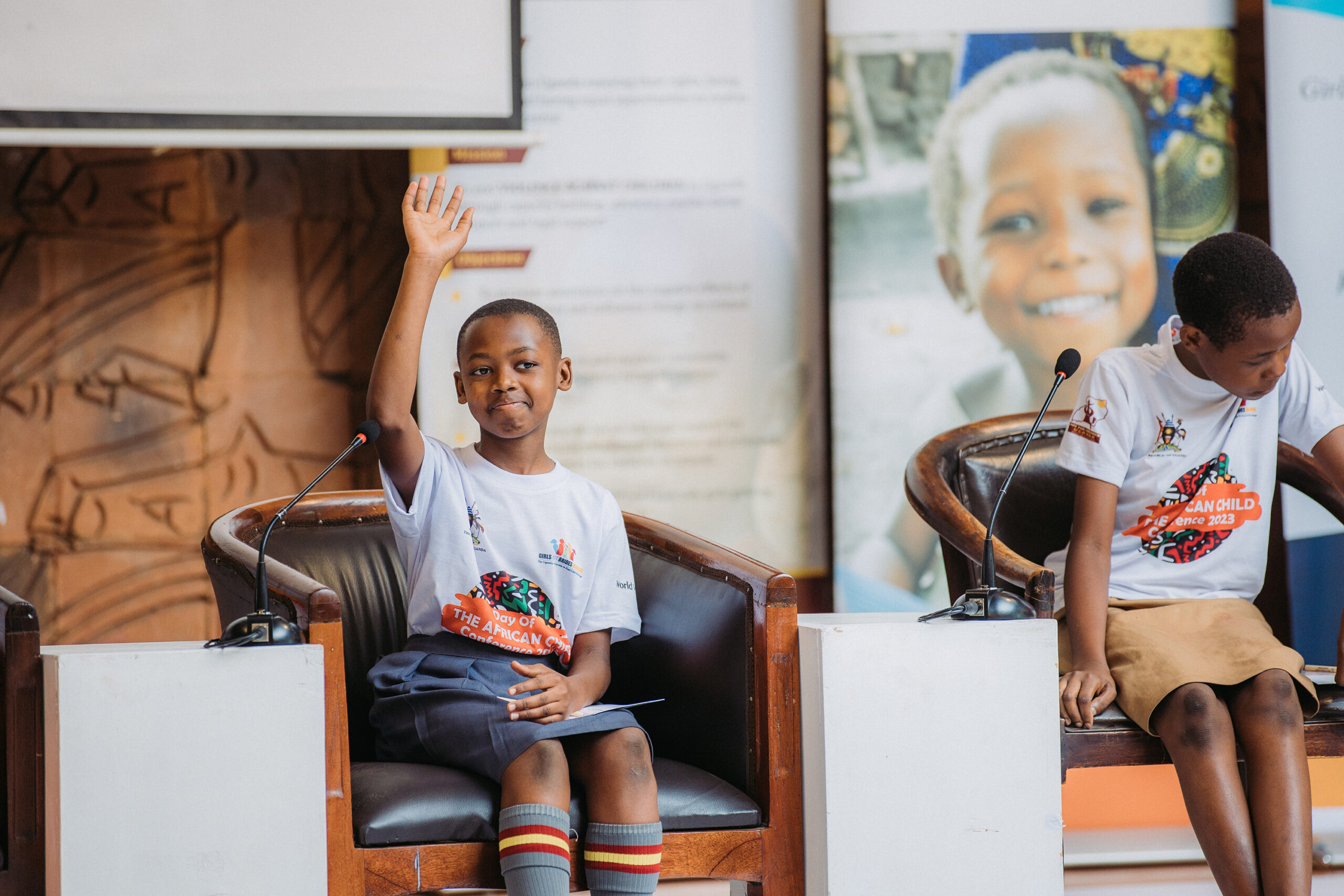
Education is widely considered to be one of the most important factors in delaying the age of marriage for girls. In developing countries evidence shows that the more education a girl receive, the less likely she is to be marriage before the age of 18 and more likely she is to delay pregnancy and child birth. While education alone cannot end child marriage and teenage pregnancy, it is a critical building block in ending the abusive practices.